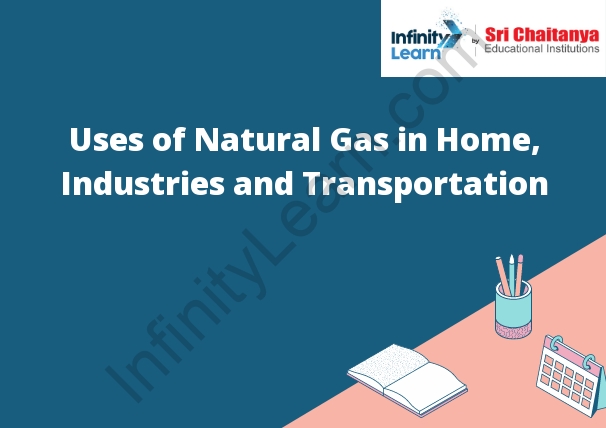Table of Contents
Natural gas uses
Natural gas is a fossil fuel that is composed of methane and other hydrocarbons. It is used as a fuel to generate electricity, to heat homes and businesses, and as a feedstock for the manufacturing of chemicals and plastics. Uses of Natural Gas in Home Industries and Transportation.

Natural Gas and Its Properties
Natural gas is a combustible hydrocarbon gas mixture consisting primarily of methane, but commonly including varying amounts of other higher hydrocarbons such as propane and butane. It is used as a fuel in heating and power generation, and is also used as a chemical feedstock in the manufacture of plastics and other commercially important chemicals.
Methane is the primary component of natural gas, accounting for about 85% of its volume. Natural gas also contains about 5% nitrogen and small amounts of carbon dioxide, helium, and hydrogen. The energy content of natural gas is about 1,000 British thermal units (Btu) per cubic foot, depending on the gas composition and the prevailing market prices.
Natural gas is colorless, odorless, and non-toxic. However, natural gas is often odorized with a sulfur-containing compound such as mercaptan in order to provide a warning odor in the event of a gas leak.
Natural gas is a good conductor of heat and electricity, and is therefore often used to heat homes and businesses and to generate electricity. It is also an important feedstock for the chemical industry, providing the raw materials used to produce a wide range of products such as plastics, fertilizers, and pharmaceuticals.
Advantages of Natural Gas
Natural gas is a fossil fuel that is found deep in the earth. It is a colorless, odorless, and tasteless gas that is made up of methane and other hydrocarbons. It is used to generate electricity, heat homes and businesses, and power vehicles.
Some of the advantages of natural gas include:
• It is a cleaner-burning fuel than other fossil fuels, such as coal and oil.
• It is a domestic fuel, meaning that it is produced in the United States.
• It is relatively inexpensive to produce and transport.
• It is a versatile fuel that can be used to generate electricity, heat homes and businesses, and power vehicles.
• It is a reliable fuel that can be stored in tanks and delivered through pipelines.
• It is a non-renewable resource, but it is a much cleaner-burning fuel than other fossil fuels.
Disadvantages of Natural Gas
The disadvantages of natural gas are:
1. It is a fossil fuel and contributes to climate change.
2. It is explosive and can cause fires and explosions.
3. It is a non-renewable resource and will eventually run out.
4. It is expensive to extract and process.
5. It can cause air pollution and health problems.
6. It can contaminate water supplies.







